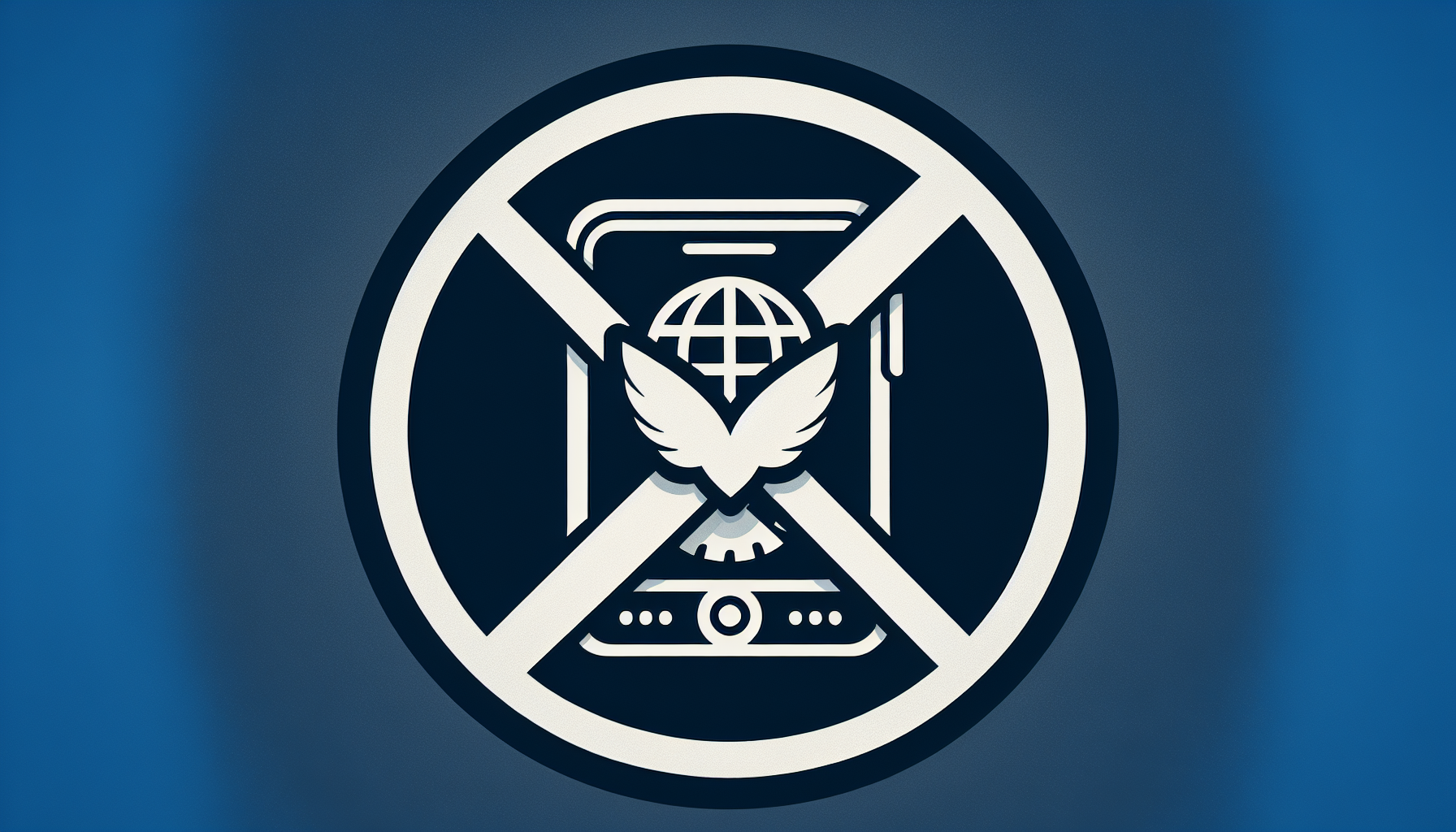U.S. House Prohibits WhatsApp on Official Devices: Implications
The U.S. House of Representatives has recently prohibited the utilization of WhatsApp on all government-issued devices, emphasizing notable security issues. This ruling, issued by the Chief Administrative Officer (CAO), affects representatives and staff, necessitating the removal of WhatsApp from smartphones, laptops, and desktop terminals.
Security Issues Regarding WhatsApp
The prohibition arises from a perceived lack of clarity from WhatsApp about its privacy and security measures. Specifically, the Office of Cybersecurity has identified WhatsApp as a high-risk application due to worries concerning data protection, the absence of encrypted stored data, and possible security weaknesses. This decision is consistent with prior actions, like the 2022 prohibition on TikTok for analogous security concerns.
Suggested Alternatives for Communication
With WhatsApp being banned, the CAO has suggested numerous alternative messaging applications for government personnel. These consist of Microsoft Teams, Wickr, Signal, iMessage, and FaceTime. Each of these options provides varying levels of security and encryption, regarded as more transparent and reliable in safeguarding user information.
Meta’s Reaction to the Prohibition
Meta, the parent entity of WhatsApp, has voiced discontent with the CAO’s order. The corporation contends that the justification behind the ban is unclear and does not specify particular security defects. Nevertheless, the U.S. House remains resolute in its stance, prioritizing cybersecurity and data safety for its representatives and staff.
The Larger Context: Cybersecurity in the Government
This action underscores the increasing focus on cybersecurity within government functions. Ensuring the protection of sensitive information is crucial, and the House’s preemptive actions demonstrate a commitment to securing data against possible threats. This ban also reflects global apprehensions regarding digital privacy and security across various platforms.
Conclusion
The ban on WhatsApp within the U.S. House marks a critical advance toward improving cybersecurity. While it raises issues about transparency and data safeguarding, it also highlights the necessity of employing secure communication mediums. As digital threats advance, so must the approaches to mitigate them, ensuring the security of sensitive governmental information.
Q&A: Essential Questions Regarding the WhatsApp Ban
Q: What prompted the specific targeting of WhatsApp for the ban?
A: The ban resulted from apprehensions about WhatsApp’s insufficient transparency in its privacy and security measures, particularly regarding data protection and encryption.
Q: Which platforms are suggested as substitutes for WhatsApp?
A: The CAO proposed Microsoft Teams, Wickr, Signal, iMessage, and FaceTime as secure alternatives for communication.
Q: Has the U.S. House enacted bans on other applications previously?
A: Yes, in 2022, the House prohibited TikTok on official devices due to security concerns.
Q: What was Meta’s response to the prohibition?
A: Meta has conveyed dissatisfaction with the ban, claiming that the reasons given are ambiguous.
Q: What is the primary focus of the U.S. House in relation to cybersecurity?
A: The key priority is to safeguard the data of House members and personnel from potential cybersecurity threats.